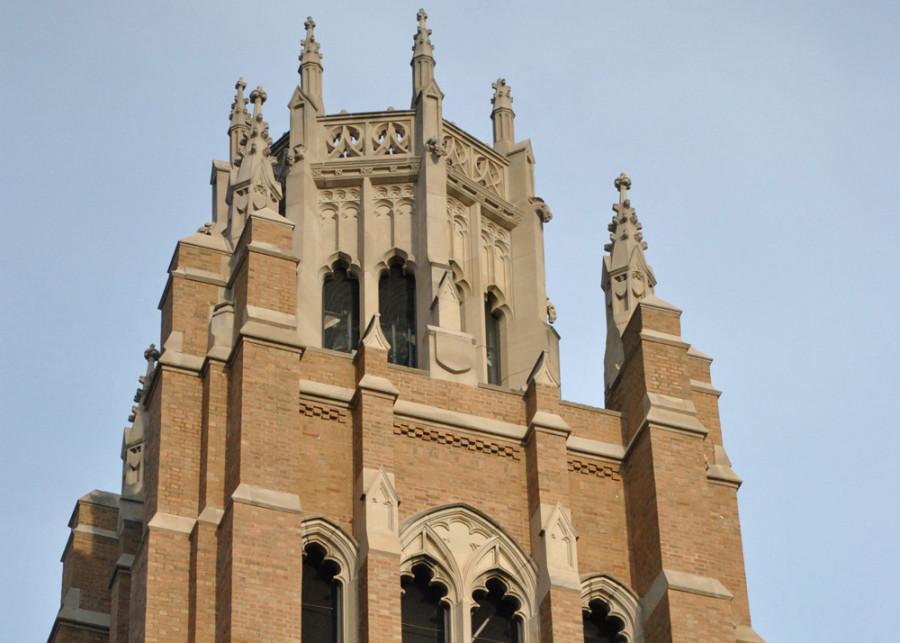 While Marquette is becoming more equal in gender among its faculty, data suggests women are still having difficulty reaching the top-ranking professor status compared to men.
While Marquette is becoming more equal in gender among its faculty, data suggests women are still having difficulty reaching the top-ranking professor status compared to men.
In 2014, salaries for male full professors at Marquette averaged $121,600 a year. Salaries for their female counterparts, on the other hand, averaged $108,000.
While gender pay gaps are persistent in higher education institutions including Marquette, the gap among the top-ranking professors has grown by more than $10,000 since 2010 according to data from the Office of Institutional Research and Analysis.
This trend contrasts marked improvements in pay equity among lower academic ranks of faculty, including instructors, associate professors and assistant professors since 2010.
University spokesman Andy Brodzeller said Marquette has a process in place to identify and address possible instances of salary inequity based on gender.
“This annual review process was started several years ago with the process approved by the University Academic Senate Committee on Diversity and Equity,” Brodzeller said. “Every year the committee is provided details on the findings and actions taken to resolve the salary gender inequities by the provost and deans.”
Margaret Callahan, interim provost and dean of the College of Nursing, said gender is not a factor contributing to the salaries of Marquette’s employees.
“The university is committed to ensuring individuals are compensated appropriately for their work, which includes many factors such as expertise, years of service, research output and university service,” Callahan said. “A factor that has no place in that process is gender.”
There are a number of factors contributing to the different salary averages of men and women on college campuses, but a 2011 study by the American Association of University Professors said a big part of the pay gap can be explained by the positions held by female faculty members.
The study found that women are less likely than men to be full-time tenure-track faculty, less likely to hold tenured or full professor positions and comprise less than a quarter of college president positions.
Marquette put an emphasis on addressing gender equality on campus more than a decade ago. Former President the Rev. Robert A. Wild commissioned a task force to look at the issue in 2001.
The task force found that 61 percent of women disagreed that women have equal access to positions of authority. About 6 percent of women agreed that they have equal access to positions of authority.
The task force also found that gender has no effect on overall salary, but it does have a negative effect on initial salary. At that time, females had an average lower initial salary of more than $1,800.
“The university has taken the necessary steps since 2001 to address this issue,” Brodzeller said. “We (are) confident in the processes that are in place to recognize and address possible instances that are identified.”
The topic of equal pay among men and women is not new, but has received national attention recently, including President Barack Obama’s 2015 State of the Union Address.
In the address, the president mentioned that women nationally make 77 cents for every dollar a man earns, and he called on Congress to send him legislation ensuring “equal pay for equal work.”
Obama also signed an executive order in April 2014 to remove pay secrecy, which is when discussion of wage and salary among employees is prohibited and could lead to punishment by an employer.
Locally, women in Wisconsin make 79 percent of what men make, making Wisconsin the 25th largest gap, according to data from the U.S. Census Bureau.








